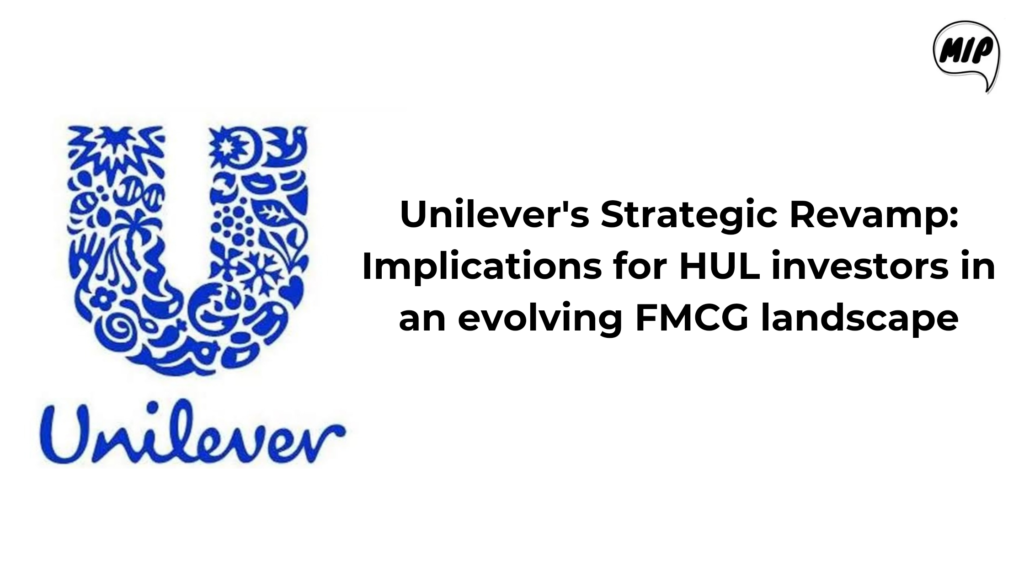
In a transformative move, Unilever Plc’s newly appointed CEO, Hein Schumacher, has unveiled a comprehensive strategy aimed at reshaping the company’s future.
Hindustan Unilever (HUL), its prized subsidiary, stands at the forefront of these changes, with potential repercussions extending throughout the FMCG industry.
Despite HUL’s autonomy in decision-making, a strategic alignment between Unilever and HUL has historically prevailed. Schumacher’s vision emphasizes addressing challenges such as stagnant volume growth, declining competitiveness, and underperforming gross margins.
To counter these issues, Unilever plans to concentrate efforts on 30 key brands, fostering innovation and marketing initiatives. The focus will be on elevating these “power brands” through new benefits and formats, prioritizing innovation over relaunches.
Unilever’s strategy also includes a spotlight on science and technology, emphasizing innovation within existing brands. While advertising and promotions, especially for power brands, are set to increase, major acquisitions are not on the horizon. Instead, Unilever aims for simplicity and productivity, focusing on rebuilding gross margins through cost-cutting measures.
However, skepticism looms among analysts regarding the implementation of these strategies, given Unilever’s past restructuring attempts. Schumacher’s ability to execute these plans effectively remains a pivotal factor.
For HUL investors, the evolving landscape presents both opportunities and challenges. Higher growth, improved gross margins, and cost-cutting efforts are encouraging signs, but a shift in focus toward power brands might disrupt smaller products or variants. Additionally, the fate of acquisitions, like the troubled Horlicks deal, raises concerns among shareholders.
Unilever’s strategic moves are expected to prompt responses from industry rivals, adding another layer of complexity for investors to navigate. As these changes unfold, HUL shareholders and FMCG investors should remain vigilant, as the industry dynamics undergo a significant transformation.